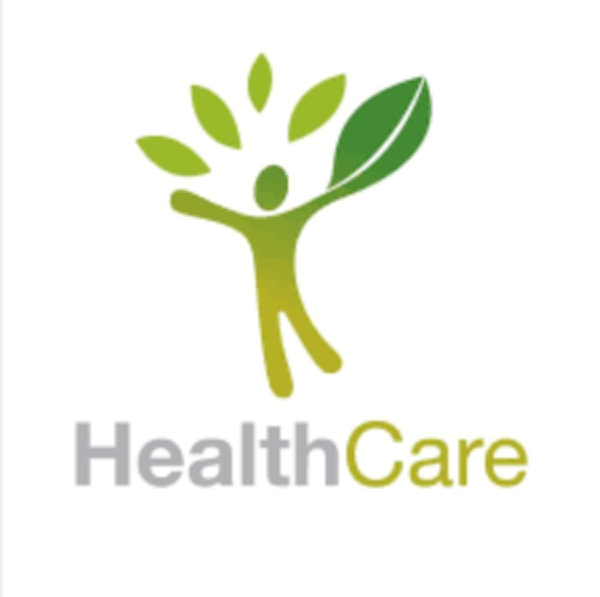
South Carolina Nurse Practitioner’s Coalition
What is a Nurse Practitioner?
NPs treat a variety of patients using a wide range of means, including physical exams, ordering tests, prescribing medications and more. They can diagnose and treat many diseases and, in many cases, serve as a patient’s primary health care provider. As with physicians, NPs are dedicated to individualized care and a focus on illness prevention, wellness and patient education, and are also very active in patient advocacy. NPs can be certified in a range of areas including family health and women’s health, pediatrics, mental health, oncology and much more.
Why are NPs important?
NPs were found to have equal or higher patient satisfaction rates than physicians and also tended to spend more time with patients during clinical visits. Similar reports and statements from the North Carolina Medical Journal, the Federal Trade Commission, the AARP, the Kellogg Foundation, and The Atlantic all echo this finding.
What is a Midwife?
Midwives are health care professionals who assist and care for childbearing women while they are pregnant and during labor, birth and postpartum. They help new mothers in caring for their newborns and also provide education and medical assistance.
Midwives are well-trained in the progression of labor, maternity care and childbirth. They can refer women to specialists if complications that a midwife cannot treat arise during pregnancy. They generally opt to have less intervention during a pregnancy as opposed to an obstetrician or other type of physician unless there are complications.
Why are Midwives important?
Midwives serve as primary providers of women's health care through the lifespan offering gynecologic care, contraception, and physical exams. Midwifery care results in fewer cesarean births than physician care for equally low-risk women. The average costs for vaginal birth are approximately 50% lower than those for cesarean birth. Every 1,000 women who avoid unnecessary cesarean births amounts to over $7 million in health care cost savings.
Springer Publishing Nursing Showcase

